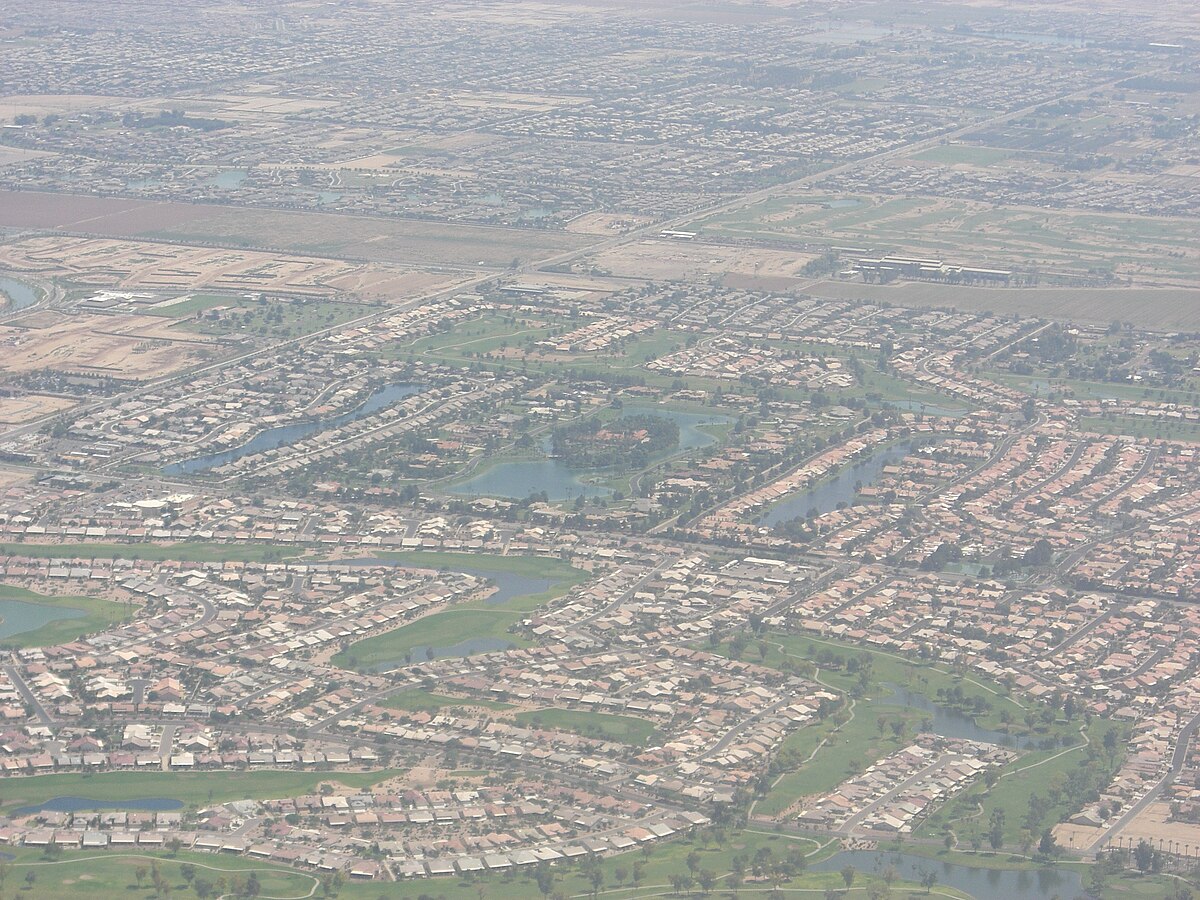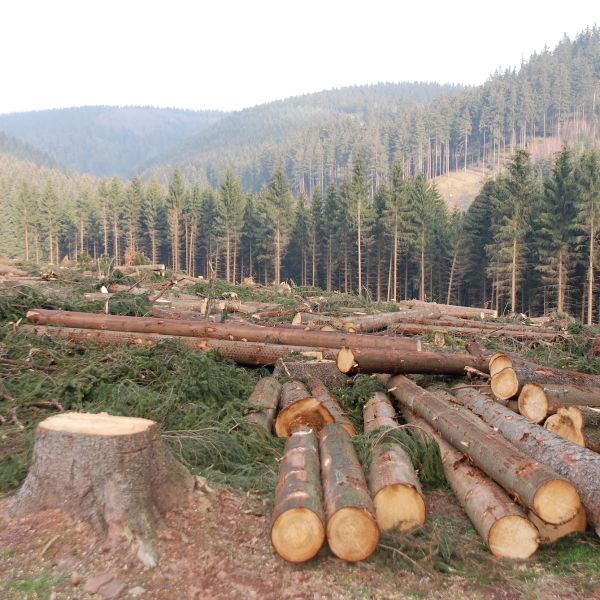Merle
Member
- Joined
- Nov 29, 2022
- Messages
- 415
- Gender
- Male
- Basic Beliefs
- Agnostic Humanist
Flapdoodle.As many times as you say overpopulation is not a problem, or near to it. You should lead with it, or lead into it.How many times do I need to repeat this? Just like I said throughput this thread, I am empathically opposed to genocide.
I think this is what some might call "tone setting".
To illustrate, I am an Eagles fan. Are you going to demand that I change that to, "I did not throw snowballs at Cowboys, but I am an Eagles fan"?
I am of European descent. Are you going to demand that I change that to, "I am not a White Supremacist, but I am of European descent"?
I am a vocal defender of the fact of evolution (e. g. https://mindsetfree.blog/dare-to-question/did-we-evolve/ ). Are you going to demand that I change that to, "I am a vocal defender of the fact of evolution, but I disagree with those who think evolution supports eugenics"?
No!
It is small minority of people that threw snowballs at Cowboys, that support White Supremacism, that use evolution to support eugenics, or that use ecological overshoot as justification for genocide. If I need to apologize for the snowball incident every time I mention the Eagles, for instance, it implies that I consider this a legitimate connection that people should make to being an Eagles fan. It is not. So no, I do not mention that every time I talk about the Eagles.
So far you have offered no actual evidence that any scientist concerned about ecological overshoot or population overshoot is using that as justification for genocide. Zero. Zilch. Zip. Nada. Would it be too much to ask for evidence before you fly off into a panic?
And no, simply pointing out that a proposed policy would not be fair to all is not evidence that the person who proposed the policy is racist. After all, ecological overshoot is a very complex issue. It is impossible to come up with a policy to address it that would be completely fair to all. So is the solution to scream at all who attempt to suggest a policy? No. If we think a suggested policy is not completely fair, then we should suggest a policy that we think would be more fair.
It is easy to sit on the sidelines and scream "Racist!" every time somebody tries to address the issue. It is far harder to actually address the problem and propose a solution that is considered fair, moral, and effective.
If ecological overshoot is indeed as serious as the links I posted indicate, and your solution is to ignore it and do nothing, that solution is extremely unfair to certain people groups that will be affected more by the results of an ignored overshoot.
I would not think about calling a person racist simply because they suggested we do nothing. I would just ask that we put our heads together, and try to come up with a better suggestion that is fair, moral, and effective.
What's good for the goose is good for the gander. Should I now demand that you say, "I am not racist, but I recommend we do nothing about population overshoot," every time you mention it?
You have seen how a Creationist responded to what he saw on this thread. He assumed that it is just normal to attack science by calling science racist and therefore ignoring science. We try to tell Creationists that is not a valid argument. But if atheists are also going to use that tactic, and pull out the race card every time they want to ignore science, don't be surprised if Creationists do the same thing.
Why can't we be friends? Why can't we just talk about these difficult issues, without nonsensical cries of genocide and racism against each other with no justification? What can possibly be wrong with a decent, civil conversation about these difficult issues without all the personal attacks?
Yes, I know that was a long response, but please read it before dashing off a response. These are complex issues that require complex thought. We cannot discuss all that is involved in this issue in a post the size of a tweet.


